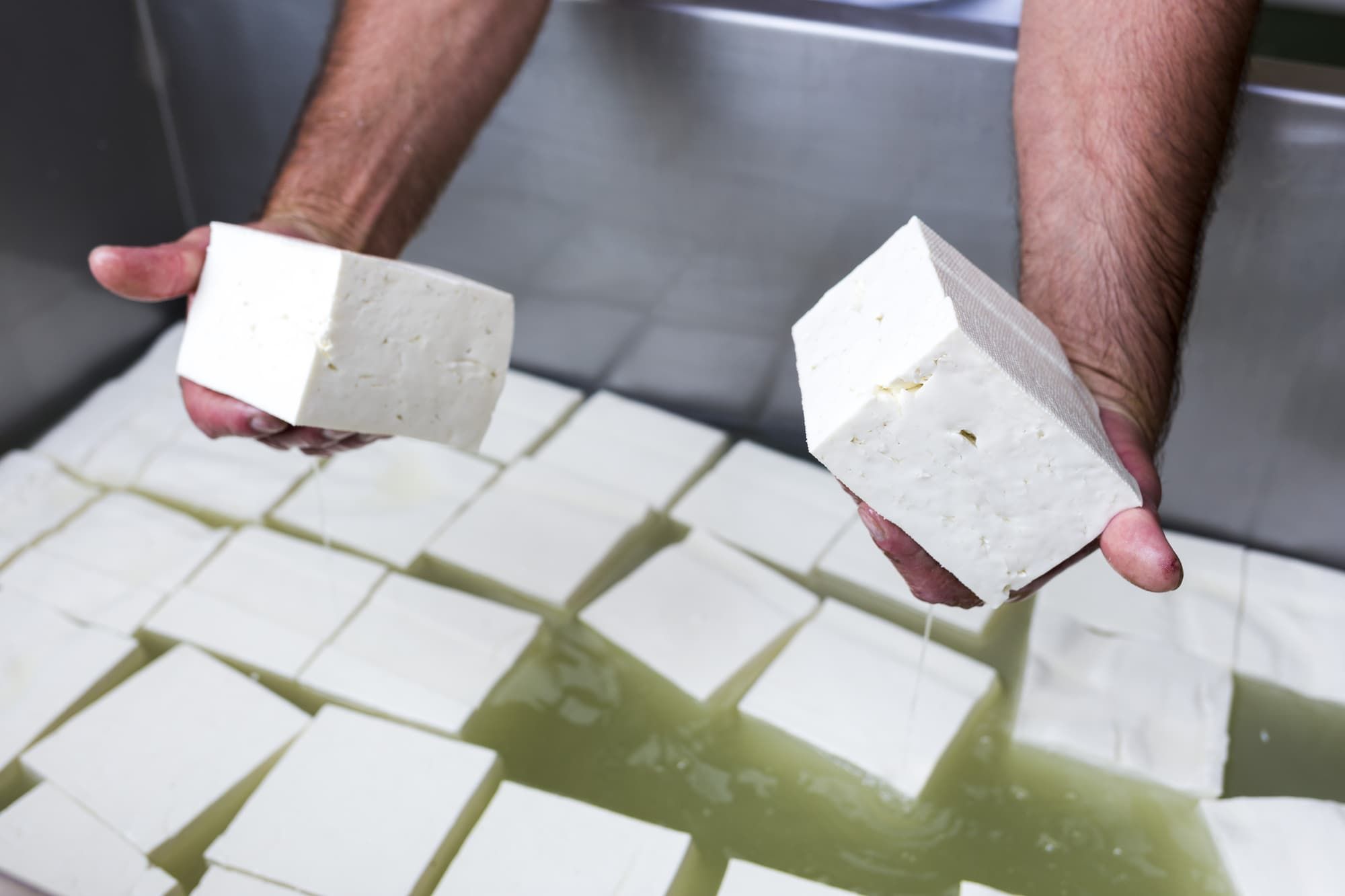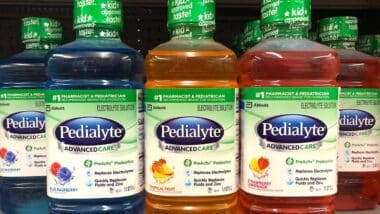
A lawsuit has been filed by a Canadian First Nation over alleged wrongdoing in a deal to import 25 tonnes of feta cheese from Greece.
According to Glooscap First Nation, the tribe paid to set up a feta processing facility, including equipment, vehicles, and salaries for employees in anticipation of a shipment of feta from Greece. After a routine audit revealed irregularities in how those funds were being handled by their business partners, now named in the feta cheese lawsuit, the tribe reportedly referred the matter to authorities.
CBC News reports that $3.1 million in funds are now under review by the Royal Canadian Mounted Police (RCMP).
According to a report by NationTalk,Glooscap First Nation was awarded a 25 tonne quota of feta cheese under the Canada Europe Trade Agreement. Their former business partners offered them a deal to be the exclusive North American supplier of the feta cheese produced by their business in Thessaloniki, Greece.
Glooscap First Nation, located in Nova Scotia, started the deal in 2017 and secured funding from various government agencies totaling 2 million for the project.
However, Global Affairs Canada reportedly concluded in 2019 that Glooscap had not met requirements regarding the feta cheese agreement, causing it to expire in 2019. According to the feta cheese lawsuit filed by the chief of Glooscap Nation, their former business partners swindled them and the federal government out of the money.
The feta cheese lawsuit alleges that business partners ILIA Gourmet Canada, run by Peter and Dimitri Tsakanikas approached Glooscap First Nation with the deal. The lawsuit contends that they never received the equipment or vehicles they paid for under the agreement.
Further, an audit revealed spending and accounting irregularities claim the plaintiffs in the feta cheese lawsuit. Salaries, as well as some vehicles, were diverted for use in unrelated activities run by their former business partners, alleges the lawsuit.
The feta cheese lawsuit also names the former vice-president of corporate development at its economic development agency, Glooscap Ventures. The former vice-president, Claude O’Hara, should have informed Glooscap representatives of prior allegations of fraud committed by its new business partner, Peter Tsakanikas.
For his part, O’Hara is pointing the finger at Amanda Peters, former CEO of Glooscap Ventures. According to CBC News, O’Hara contends in his statement of defense that Peters should have informed Glooscap First Nation representatives of Tsakanikas’s fraud allegation that arose in connection to a U.S. lawsuit settled more than ten years prior.
Glooscap First Nation alleges in the feta cheese lawsuit that O’Hara told them that the background check was completely positive regarding Peter Tsakanikas. The plaintiffs accuse O’Hara of acting “to support his own personal interests” and, according to CBC News, O’Hara is currently director of a business venture linked to the Tsakanikas’.
The dispute over the Glooscap feta cheese agreement came to a head when the First Nation reportedly failed to secure approval for its processing facility from the Canadian Food Inspection Agency. At that point, its cheese quota expired.
Some of the defendants in the feta cheese lawsuit reportedly claim that the quota could be reinstated; however, $2.3 million in equipment at issue in the case is still in Greece while allegations are resolved. In addition to millions of dollars in equipment for the venture, Glooscap First Nation allegedly paid $361,000 for a shipment of the feta; however, an expert pegged the actual value of the cheese at only half that amount.
First Nation Businesses
Working with Canadian First Nations and Native American Tribes and Nations can be beneficial for both businesses and indigenous people. Unfortunately, poverty and unemployment rates are high in many First Nation and Native American communities and many welcome business opportunities from outsiders.
According to a 2016 American Bar Association article, gaming run by American Indian tribes is a $29 billion industry in the U.S., while the activity on or operated by Canadian First Nations is approximately $1 billion.
Indeed, many American tribes and Canadian First Nations have benefited from economic development of gaming, energy development, and other businesses.
“Successful First Nations enter into partnerships with investors in real estate developments, both residential and commercial. They are particularly strong in attracting customers to their entertainment and hospitality industries, featuring casinos, hotels, restaurants, golf courses, and marinas. Where possible, these nations develop natural resources in agriculture, energy, and mining,” says a 2016 report by the Fraser Institute.
However, doing business with First Nations or Native American tribes carries its own set of considerations, both legal, cultural, and ethical. Additionally, outside businesses may see working with a First Nation or tribe as a way to scam members.
Do you think Glooscap First Nation was swindled out of the feta cheese deal? Tell us your opinion in the comment section below!
ATTORNEY ADVERTISING
Top Class Actions is a Proud Member of the American Bar Association
LEGAL INFORMATION IS NOT LEGAL ADVICE
Top Class Actions Legal Statement
©2008 – 2025 Top Class Actions® LLC
Various Trademarks held by their respective owners
This website is not intended for viewing or usage by European Union citizens.















2 thoughts onFeta Cheese Deal Fails Resulting in Lawsuit
We are looking for any background info. Lee, Spyros, Giouli, Christopher, Allissa, Geniene, would love to hear from you at david.thompson031959 at gmail.com. Thank you.
Add me please